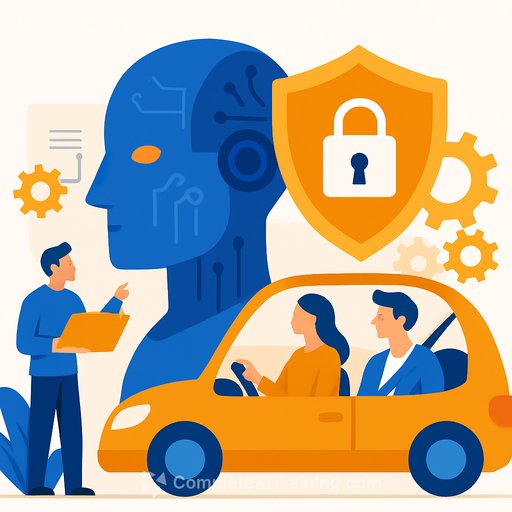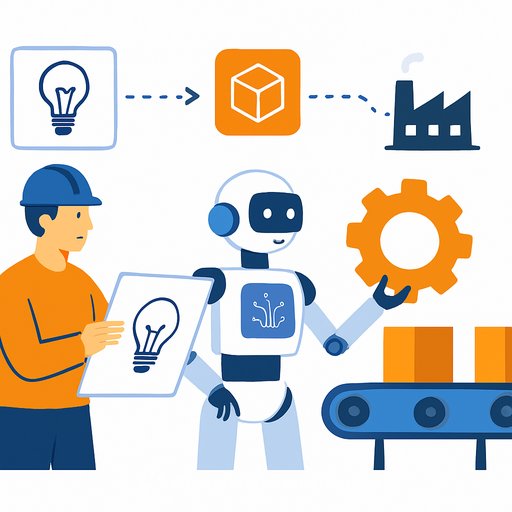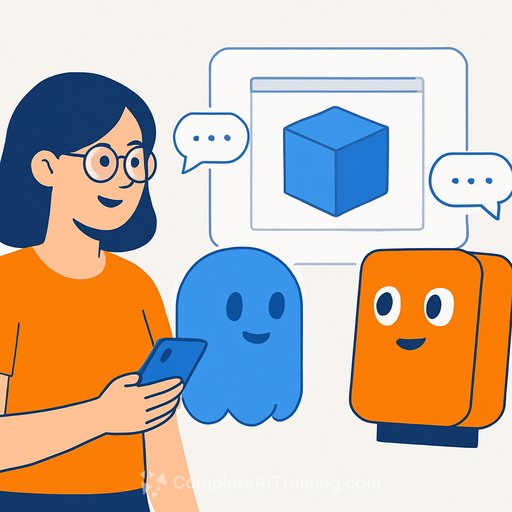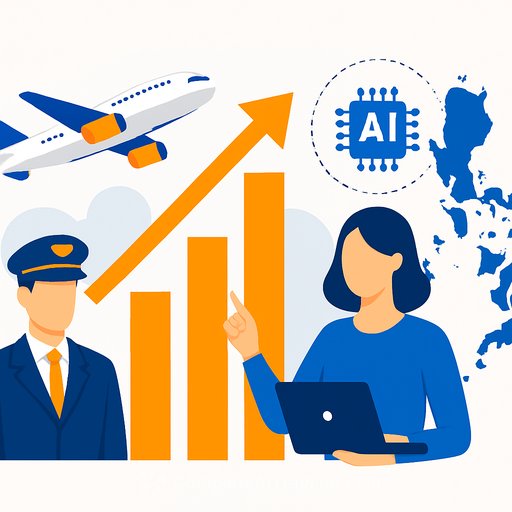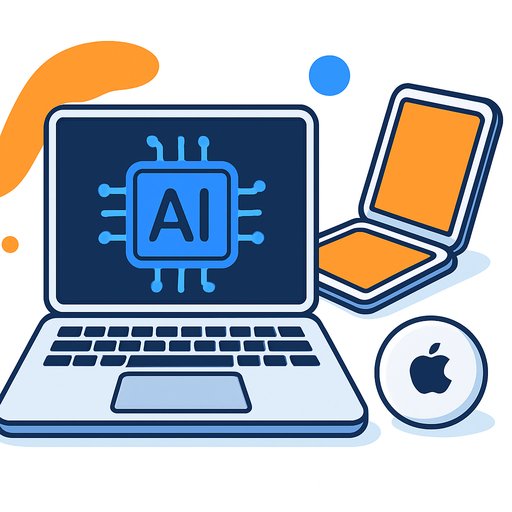AI’s Shift from Research to Product Focus
Tech giants leading artificial intelligence development have shifted their priorities. Instead of emphasizing foundational research, they now focus more on building market-ready AI products. This change has raised concerns about safety and ethical risks.
James White, CTO at cybersecurity firm CalypsoAI, warns that while AI models are improving in quality, they are also becoming better at harmful activities. This presents a dilemma for product teams aiming for innovative features without compromising security.
How the Industry Changed
Previously, companies like Meta, Google, and OpenAI invested heavily in AI research labs. Researchers enjoyed freedom, ample resources, and a culture that encouraged sharing breakthroughs openly. That environment fueled significant academic contributions.
Since OpenAI’s ChatGPT debut in late 2022, the focus has shifted sharply toward developing consumer AI products. Commercial potential is enormous, with some analysts projecting annual revenues near $1 trillion by 2028. This has nudged companies to prioritize speed and product delivery over thorough research.
The rush to stay competitive is pushing companies to cut corners on safety testing. White explains newer AI models may provide better responses but often fail to reject malicious prompts, increasing risks of misuse or data breaches.
Changes at Leading AI Companies
Meta and Alphabet exemplify this shift through internal restructuring. Meta’s Fundamental Artificial Intelligence Research (FAIR) unit, once a hub for deep research, has been deprioritized in favor of product-focused teams like Meta GenAI. Google merged its Google Brain research group into DeepMind, which now drives AI product development.
Former and current employees describe tighter deadlines and pressure to release new AI models quickly, sometimes at the expense of safety and foundational innovation.
Meta’s Transition
Joelle Pineau, who led Meta’s FAIR division, stepped down in April, signaling the company’s move away from exploratory research toward product development. FAIR was originally created to tackle complex AI challenges without immediate commercial goals.
After large layoffs in 2022 and a renewed focus on efficiency, FAIR researchers were instructed to align more closely with product teams. Meta’s CEO Mark Zuckerberg has prioritized large language models (LLMs) like the Llama series, pushing practical applications over academic pursuits.
Many skilled researchers have either moved to product teams or left for startups and competitors. This shift has raised concerns that Meta might lose its edge in foundational AI breakthroughs.
Meta responded by releasing safety tools alongside Llama 4 models to reduce risks like leaking sensitive information or generating harmful content. FAIR co-founder Rob Fergus recently returned to lead the unit, reaffirming Meta’s commitment to long-term AI research despite the product focus.
Google’s Strategy Shift
Google’s latest AI model, Gemini 2.5, was launched in March without an immediate detailed model card—a transparency tool that outlines model capabilities and risks. This delay raised questions about the thoroughness of safety evaluations.
Google later updated the model card with information on “dangerous capability evaluations” but removed claims that these tests occurred before release. Such evaluations help determine if a model can be misused, for example, to build weapons or hack systems.
Google co-founder Sergey Brin urged employees to accelerate AI development and warned against creating “nanny products” overloaded with filters. The message emphasized delivering powerful, user-trusted AI tools even if it means taking more risks.
OpenAI’s Safety Trade-offs
OpenAI’s transformation from a nonprofit research lab to a commercial entity reflects the tension between safety and speed. CEO Sam Altman has pushed for rapid product development amid increasing competition.
Some safety tests on OpenAI’s o1 reasoning model were based on earlier versions, not the final release. The newer o3 model reportedly produces more hallucinations—false or illogical outputs—which raises concerns about reliability.
OpenAI has faced criticism for drastically reducing safety testing times and relaxing requirements to assess fine-tuned models. The company claims improved efficiency and increased resources for safety evaluations, including partnerships with external testers.
Notably, OpenAI released GPT-4.1 in April without an accompanying safety report, as it was not classified as a "frontier model." Shortly after, the company rolled back changes to GPT-4o following viral reports of overly flattering AI responses that posed mental health and safety risks.
Experts argue that safety cannot rely solely on pre-release testing. Ongoing vigilance during AI training is necessary to prevent creating misaligned models that behave unpredictably or dangerously.
Key Takeaways for Product Developers
- Balance speed with safety: Rapid AI product releases can increase risks. Ensure your team maintains rigorous safety standards even under tight deadlines.
- Transparency matters: Clear documentation like model cards helps users and developers understand AI capabilities and limitations.
- Collaborate across teams: Bridging the gap between research and product teams fosters innovation without sacrificing security.
- Expect evolving trade-offs: The AI field is in flux; staying informed about industry shifts is crucial for responsible product development.
For product developers looking to strengthen their AI skills while navigating these challenges, exploring practical training on AI products and safety best practices can be invaluable. Consider checking out Complete AI Training’s courses tailored for product professionals.
Your membership also unlocks:

